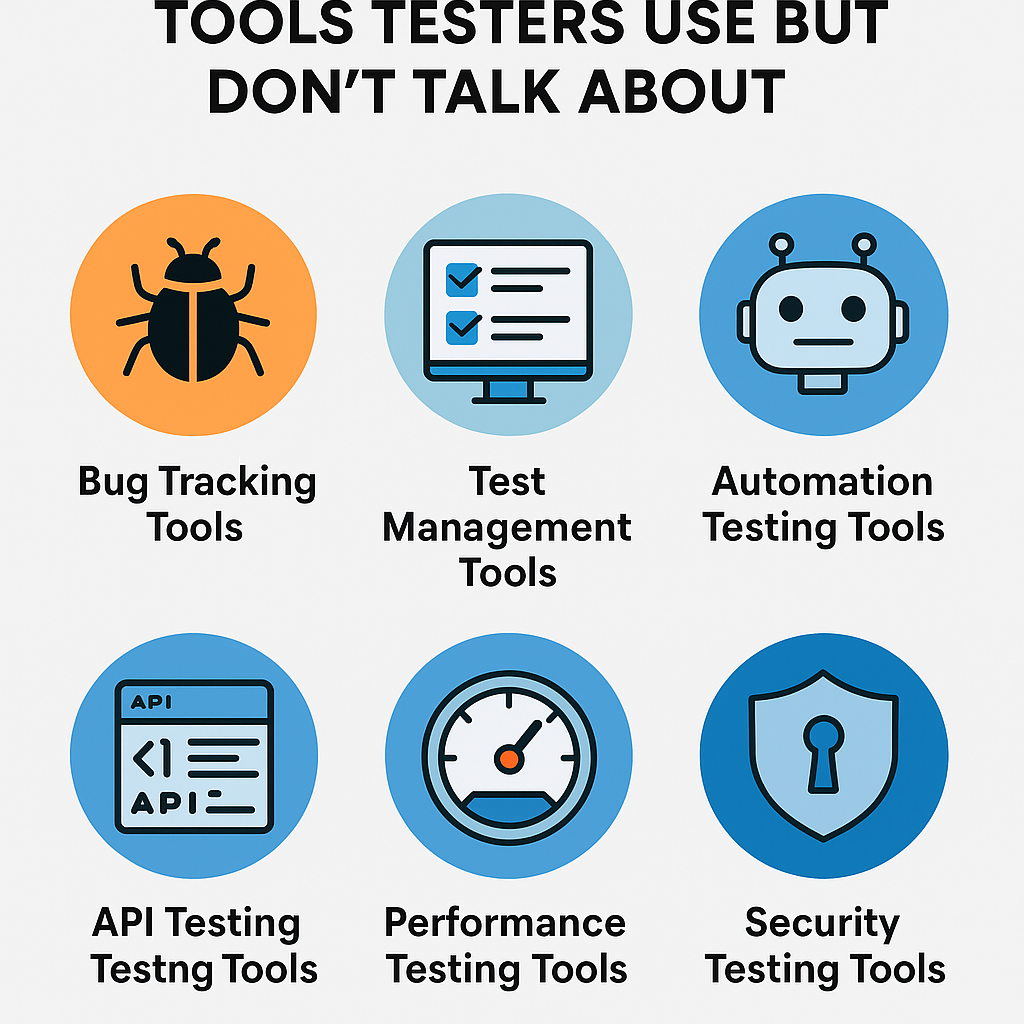The process of unit testing is a crucial aspect of automated testing for digital applications. It provides stability and resilience by evaluating the performance of individual modules. Nonetheless, selecting a unit testing methodology may prove to be arduous owing to the diverse methodologies employed by testing teams. Before testing a single unit, it’s important to make sure everyone involved agrees on what works best before starting.
What is Unit Testing?
Individual units or components of the software are subjected to testing in unit testing. The goal is to make sure that every part of the software works correctly. The process of Unit Testing is carried out by the developers during the development (coding) phase of an application. Unit Tests check a part of the code to make sure it’s correct. A unit can be a single thing like a function, method, procedure, module, or object.
Unit testing is the first level of testing done before integration testing in the SDLC, STLC, and V Models. Unit testing is a type of testing called White Box, and it’s usually done by the person who makes things. Though in the practical world, due to time constraints or developers’ reluctance to test, QA engineers also do unit testing.

Why is Unit Testing Important?
To achieve the best customer experience in today’s digital economy, it is essential to take a different approach to software testing and quality assurance. It is important to allocate resources, including people and tools, to give software testing every strategic aspect it deserves.
As businesses move to a cloud-based microservices architecture for their applications, it’s important to make sure they’re stable at every level. A critical role of unit testing is played in testing cloud-based applications with a microservices’ architecture.
By doing unit testing, developers can check how good their individual code blocks are before adding other parts and testing if they work correctly. It also helps to find and fix mistakes or defects at the code level early on.
This proactive approach significantly reduces the overall development cycle expenses when compared to detecting flaws later on.
Why perform Unit Testing?

The importance of unit testing cannot be overstated, as software developers may attempt to save time by performing minimal unit testing. However, this approach is a myth, as inadequate unit testing can result in high-cost defects being rectified during System Testing, Integration Testing, and even Beta Testing subsequent to the application’s development. It saves time and money if proper unit testing is done in early development.
The main reasons for performing unit testing in software development are listed.
- Unit tests facilitate the resolution of bugs at an early stage of the development process, thereby reducing expenses.
- It helps the developers understand the code used for testing and allows them to make changes quickly.
- Good unit tests are a good way to document a project.
- Unit tests help with using the same code over and over again. Make sure you move your code and tests to your new project. Modify the code until the tests are run again.
Unit Test Example
Let’s write a simple function that compares two numbers. It returns 1 if the first number is greater than the second and returns -1 otherwise.
We’ll put this function inside a Basics class:
public class Basics {
public int compare(int n1, int n2) {
if (n1 > n2) return 1;
return -1;
}
}
To create unit test for this simple function, we will create one test class BasicsTest & inside that class, we will define one compare method with @Test annotation
@Test
public void compare() {
}
Note: The @Test annotation indicates that this method is to be run as a test case.
@Test
public void compare() {
Basics basicTests = new Basics();
int value = basicTests.compare(2, 1);
Assertions.assertEquals(1, value);
}
assertEquals() method of the Assertions class to check if the expected value matches the expected one.











